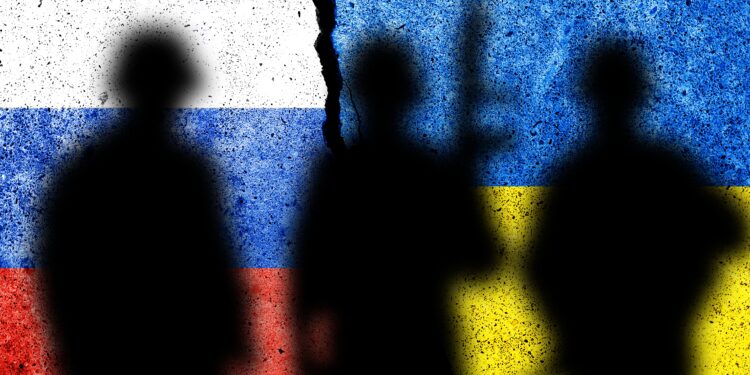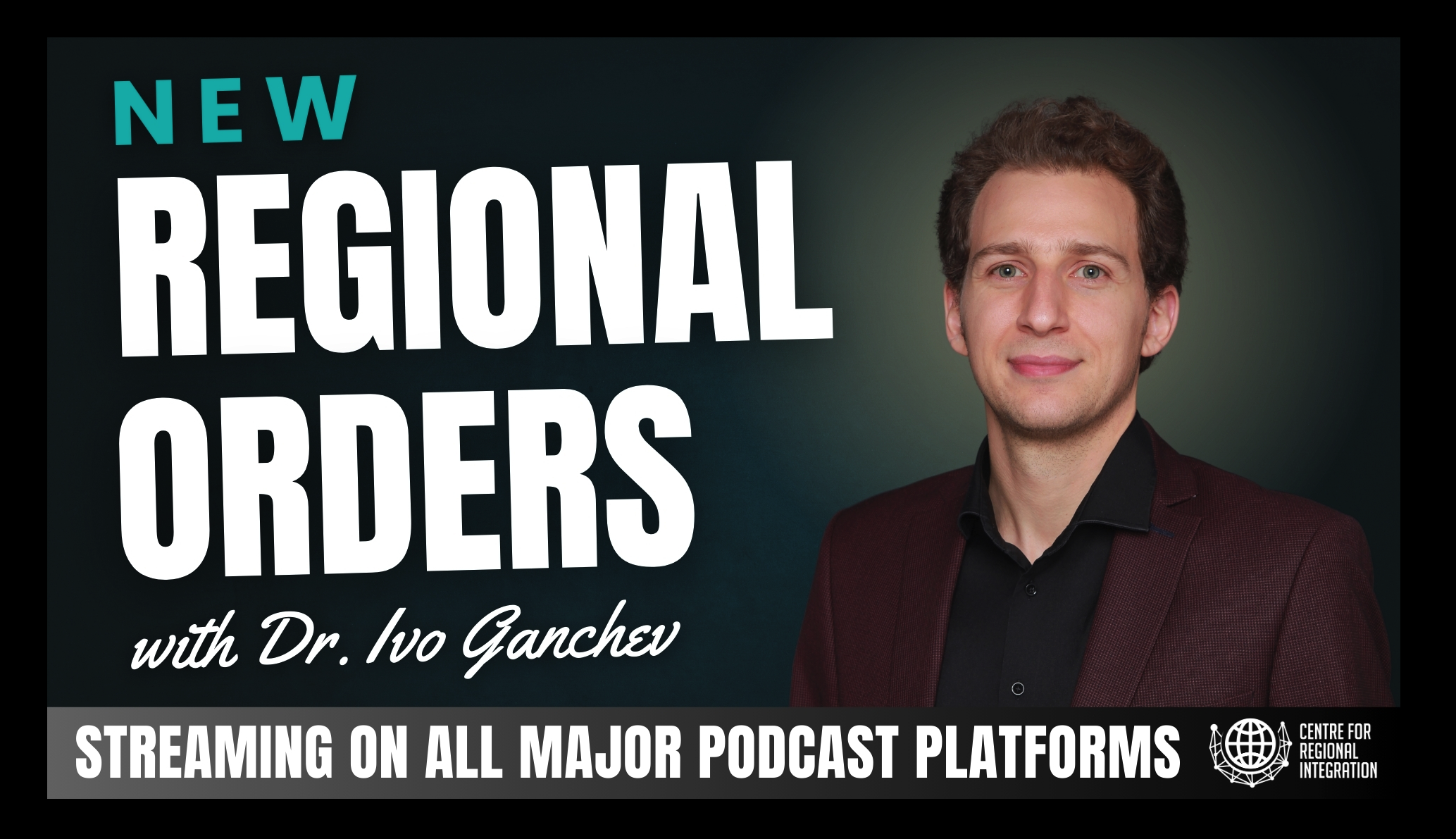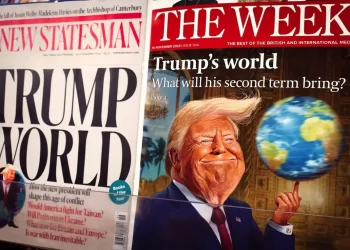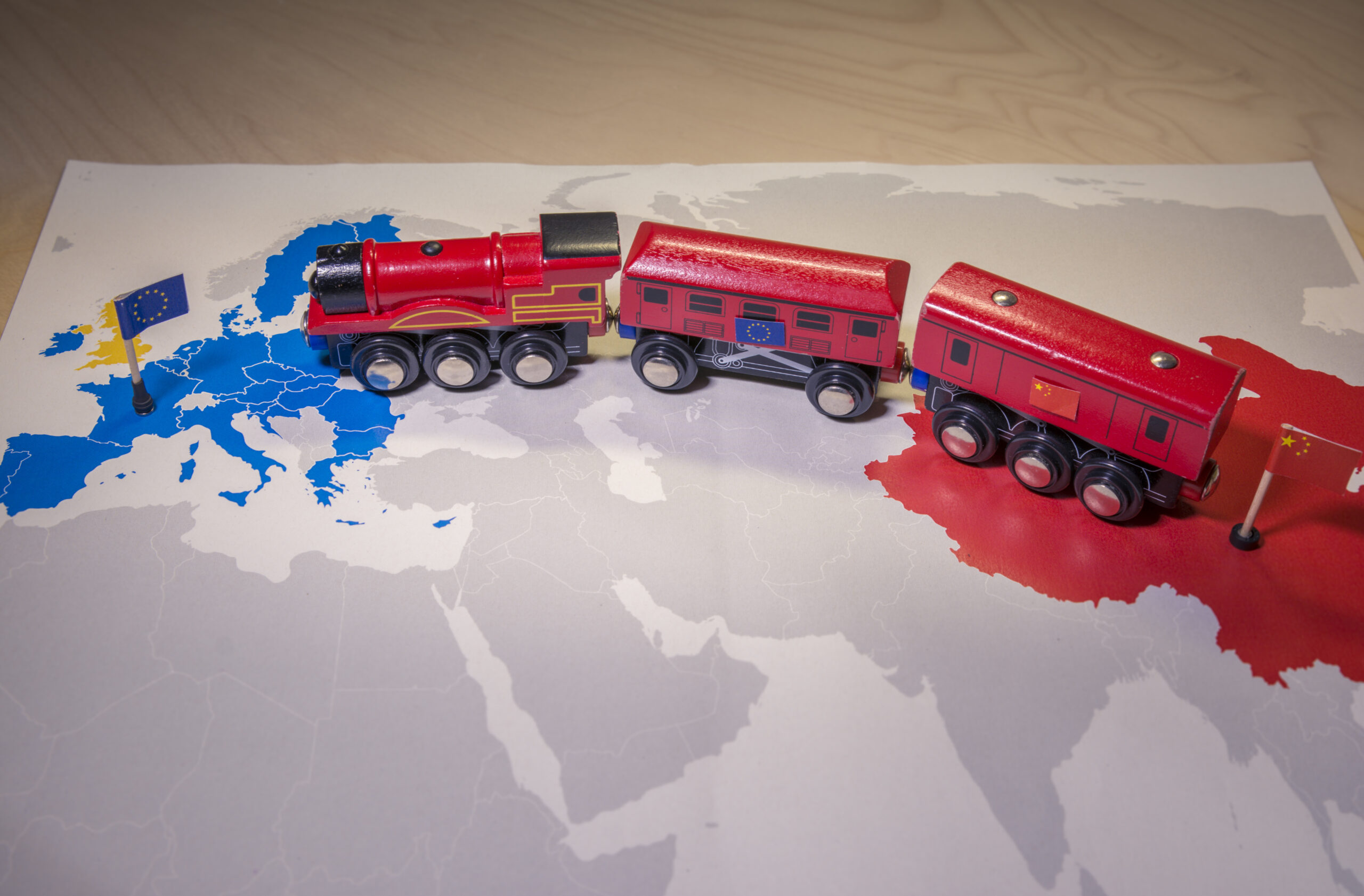Abstract:
This paper analyzes the impact of the war in Ukraine on the liberal world order and the role of China and Turkey in the region. It challenges the neo-liberal and neo-realist theories that have dominated the international relations scholarship and practice, and argues that they have failed to provide a sustainable foundation for the international system. It shows how the war has exposed the weakness and inefficiency of the existing international institutions and norms, and has triggered a shift to a more realism-based approach to managing international affairs, with a greater emphasis on power, interests, and ad-hoc alliances. It also proposes a post-liberal alternative that respects and accommodates the differences between nations and cultures, and fosters greater pluralism and cooperation. The paper uses a combination of theoretical and empirical analysis. It examines the interests, strategies, and outcomes of the main actors involved in the war, such as Russia, Ukraine, the US, the EU, NATO, China, and Turkey, and how they affect the balance of power and the prospects for peace and security in the region. It contributes to the academic and policy debates on the war in Ukraine and the changing geopolitics of the region.
Keywords
liberal world order, neo-liberalism, neo-realism, war in Ukraine, Russia, China, Turkey, NATO, international institutions, power transition theory, post-liberalism
Citation (Harvard): Eremin, A. (2023) “Is the War in Ukraine a Final Blow to the Liberal World Order?”, Regional Policy Insights, 1(1): 20-30.

